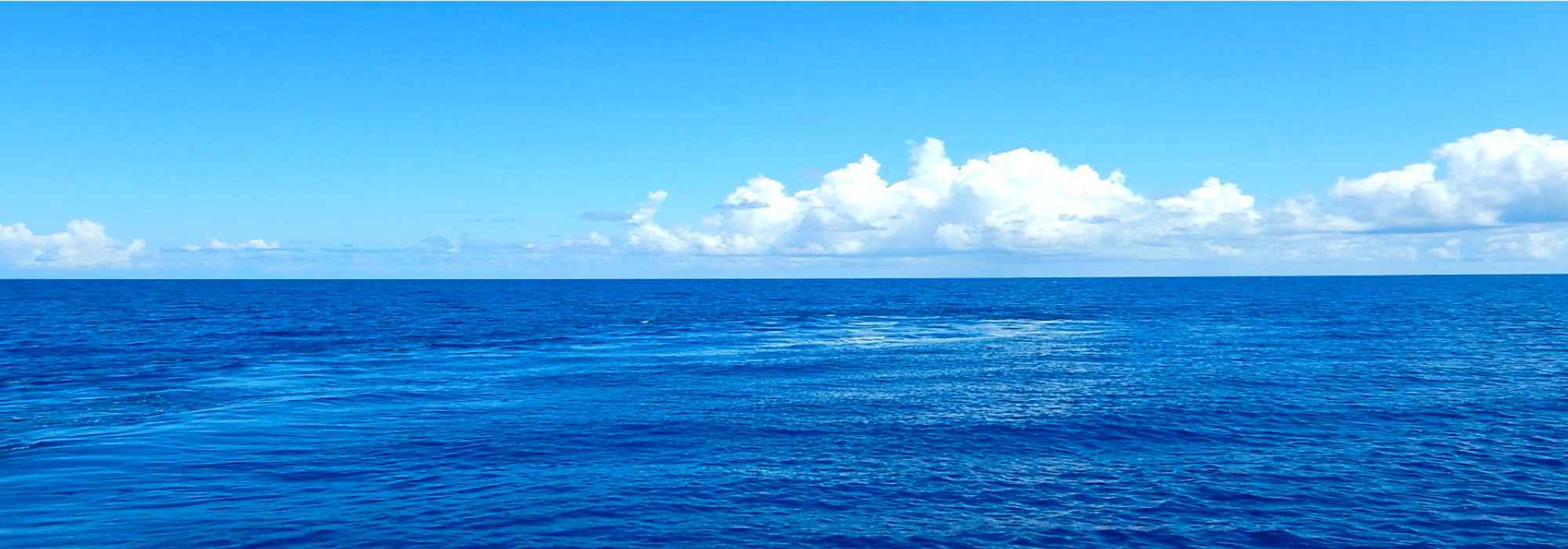Tuvaluan People
Human beings began to move from the continent of Asian over to far-away tiny South Pacific islands approximately 3,300 years ago. The Polynesian people, who were skilled in extraordinary seamanship, had sailed on the great ocean for years and reached and resided on those islands. Most of the Tuvaluan people are Polynesian, and they speak the Tuvaluan language (te Gana Tuvalu), which is one of the Polynesian languages. From the cultural and racial viewpoints, those Tuvaluan people resemble the Samoan and Tongan people. Nonetheless, the Micronesian people, who have their roots in Kiribati, a small island nation located in Micronesia, reside in the atoll of Nui, one of the Tuvaluan outer islands. Their mother tongue is the Kiribati language (a different dialect than the one spoken in Kiribati Islands). Because primary and secondary schools in Tuvalu conduct eager English education, there are quite a few people who speak English when it comes to speaking to foreigners.
As for religion, over 90% of Tuvaluan are Christians, who belong to Ekalesia Kelisiano Tuval. The first arrival of Christianity to Tuvalu (then the Ellice Islands) was in 1861, when the first London Missionary Society teacher from Manihiki in the northern Cook Islands had been blown off course and drifting on a boat voyage for eight weeks and had accidentally arrived at the island (Goldsmith & Munro 1992). The Tuvaluan people have been pious Christians, and they conduct active devotion every Sunday.
The Tuvaluan people have strong sense of belonging to their own home island (fenua). Even people who have left their home to Funafuti, the capital island do. Although, in Funafuti, there are quite a few people from the outer islands, they live as members of the community of their home islands. Funafuti has the meeting place (falekaupule) of each outer island for those communities. People discuss their own political issues, cerebrate the island’s special days, and conduct many other events.
